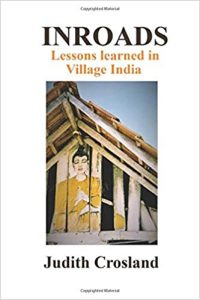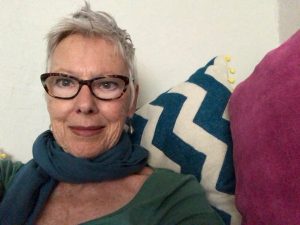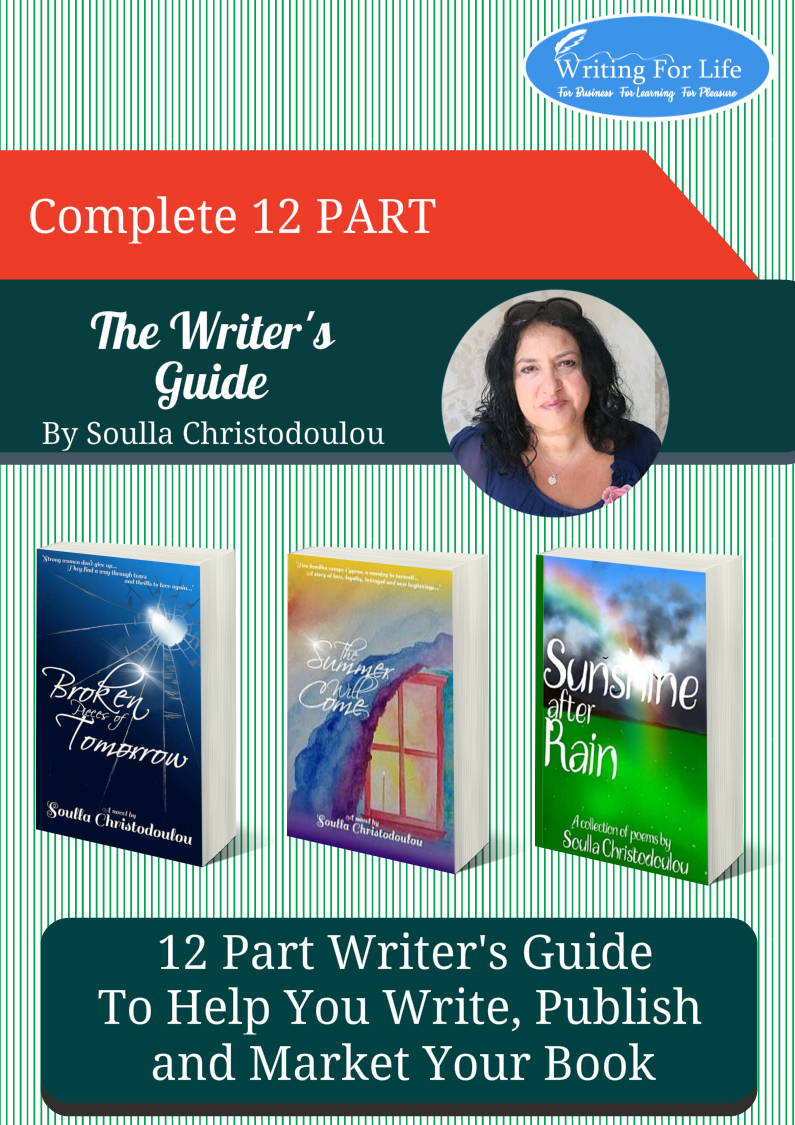
Book Review by Soulla Christodoulou
Welcome to this week’s post which I have put together for you with much love and care; the book I am sharing with you is one written by my dear friend and critique partner, Judith Crosland.
The book, made up of short stories, all set in India, recall the time Judith spent working off the beaten track over many years. Her writing is sensitive and will get you thinking; she touches on themes of trust, charity, honesty, acceptance, pride, survival and resourcefulness, independence, faith… a journey of self-discovery and a journey of awakening.
I hope you will enjoy what Judith shares with us here and thank you for joining us.

wo inspirational writing quotes & how they inspired Judith’s writing:
There is no greater agony than bearing an untold story inside you.
Maya Angelou, 1951-2014
This was true for me for all of my books.
The story of the alleged murderers in HMAS Australia: the crime that changed legal history (2016) is a true story of an old friend of mine, Ron Gordon. When I discovered, after his death, the secret he had held for some fifty years of his life, I was spurred on to tell the truth of the alleged crime he had carried with him for so long.
My second book, Life Without You (2017) is a deeply personal story, parts of which I carried with me for thirty or more years before finally having the courage to confront the truth of my romantic relationships, and the part I’d played in them. It took me many years of deliberation to do so. First, I stalled myself by writing them in the second person, then I wrote them as short stories before finally letting loose and writing them as a memoir; and it was a great relief to do so.
Both of these writing experiences freed me up to write my latest book, INROADS, Lessons Learned in Village India(2020).
For a long time now I have tried simply to write the best I can.
Sometimes I have good luck and write better than I can.
Ernest Hemingway, 1899-1961
I think we all strive to write the best we can. In the beginning, we are slow to believe that we can do it; that there is real merit in what we write. Then, when we persist, all the while stumbling and tripping over ourselves, suddenly, after a time, we realise we are actually doing it and better than we had ever imagined. It is that which can make our hearts sing and keeps us writing.
Author Biography:
Judith Crosland is an Australian sociologist and recent author. An invitation to write her first book, Murder on HMAS Australia: the wartime crime that made legal history (2016), by a mutual friend of the protagonist, led her to join a writers’ group. The group’s continued support has led her to publish Life Without You (2017), a memoir in which she explores love and loss in key relationships; and INROADS: Lessons Learned in Village India (2020) where she worked as a visiting consultant for almost twenty years. A qualified Life Coach and member of a writers’ group, Judith practices meditation, yoga and painting. She currently lives in London and resides part of each year in France.
Excerpt from her latest book, Inroads:
“The women and children lead us to sit in the shade of a mammoth banyan tree, the national tree of India; this one, so huge, I imagine it anchors this vulnerable island to our Planet. The tree is a work of art: its trunk a veil of knotted, twisted and intertwining aerial roots forming rope-like rivulets of silvery bark around its girth; from its extraordinarily long branches other aerial roots seek to generate their own trees by nose-diving into the earth; while its large, leathery, heart-shaped leaves are believed to be the resting place of the god Krishna. Where the main trunk meets the earth its sturdy, upright root-flanges journey out and away before tapering off to burrow deep into the heart of the island. It is here, on these foot-high flanges that the women have hung their washing to dry.
Once the shock of seeing this magnificent specimen settles, I’m drawn to know more, to hear its many stories: For how many centuries has it enjoyed an incandescent moon? What is the secret of its longevity, of having survived the scorching sun, drought and the fury of cyclones and floods? How do its gigantic branches, aerial roots and sibling trees feel about sheltering so many birds, lizards, snakes, goats, cows, insects, people and deities? When did its white sap and Hindu legend first create it as Mother, a symbol of immortality – the Tree of Life – with Lord Vishnu as its bark, Lord Brahma its roots and Lord Shiva its branches? If only the tree could talk! What I do know is that this is a sacred tree, a shrine, an object of religious ritual, a symbol of hope across India, everywhere celebrated and loved as the daubs of fresh vermillion paste on its trunk bear witness.
While our small gathering sits on a tarpaulin under its shady branches, Manu organises two young boys to shimmy up coconut trees. With great skill they use their hands and feet to clamp the trunk, their legs akimbo, as they climb their way up to just under the palms, twist the coconuts from their frond and send them down.
Back on the ground, the boys pull away much of the husk, use a machete to lop off its top, then hand the coconut to Manu. He sticks them with a plastic straw (where did they come from?) and passes them on. Hey, presto! We visitors consume a drink to die for.”

Thank you so much for joining us Judith and I KNOW your book will be a huge success.
Judith’s links are listed below so I hope you will find the time to connect with her and until next week lovely readers,
Happy reading, Happy writing, Happy you!
Soulla xxx
Social media links:
Amazon.co.uk / com
Goodreads
Instagram – judithcrosland2019

